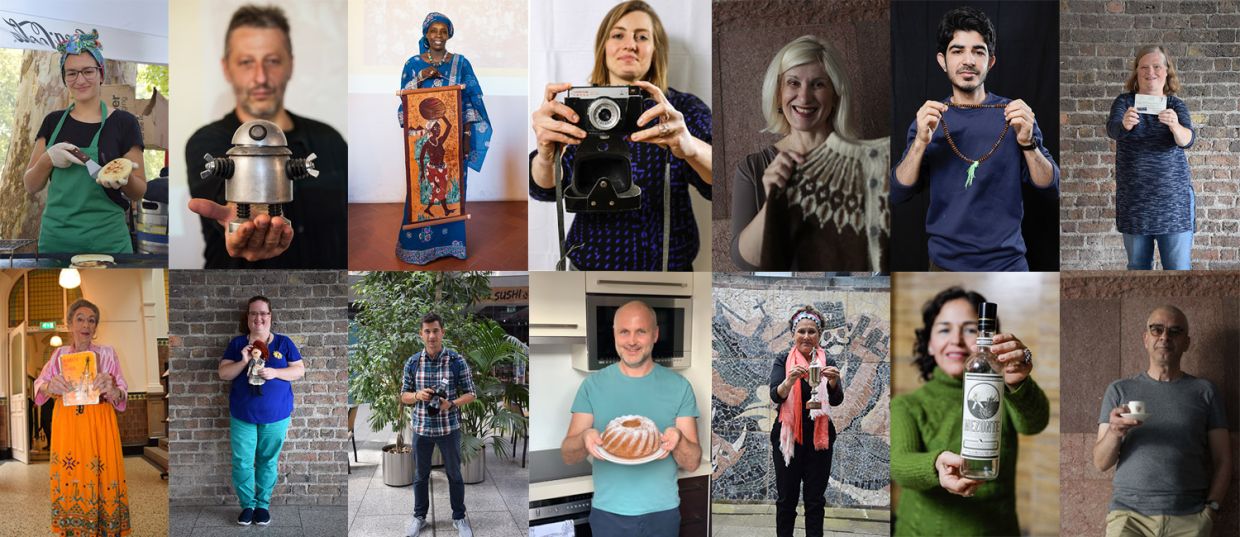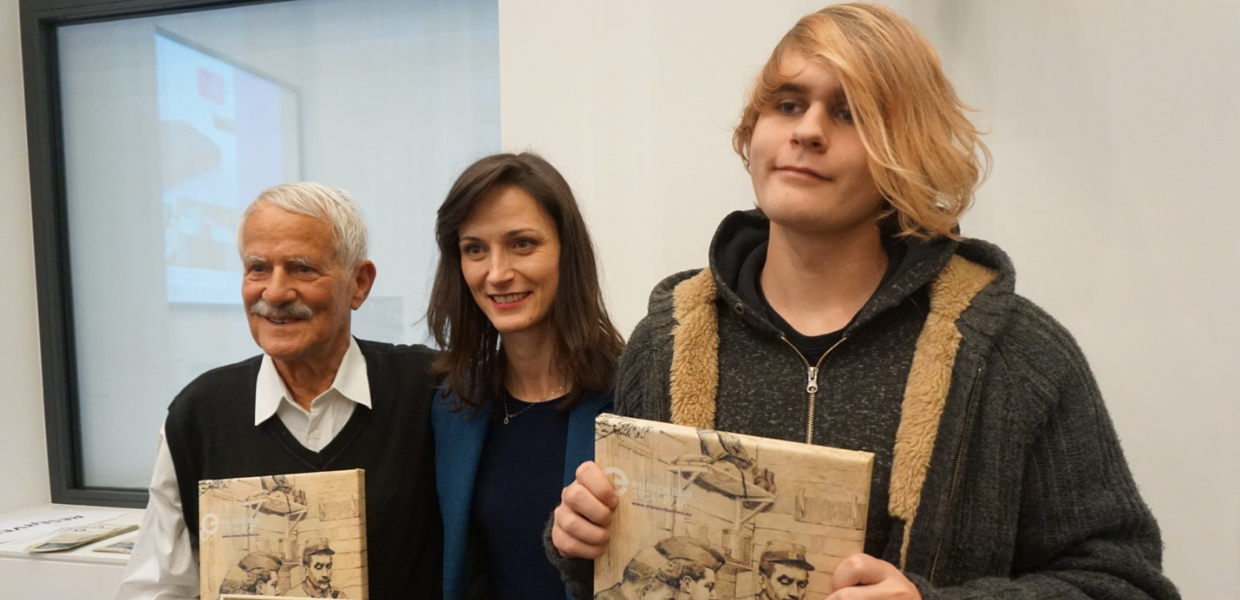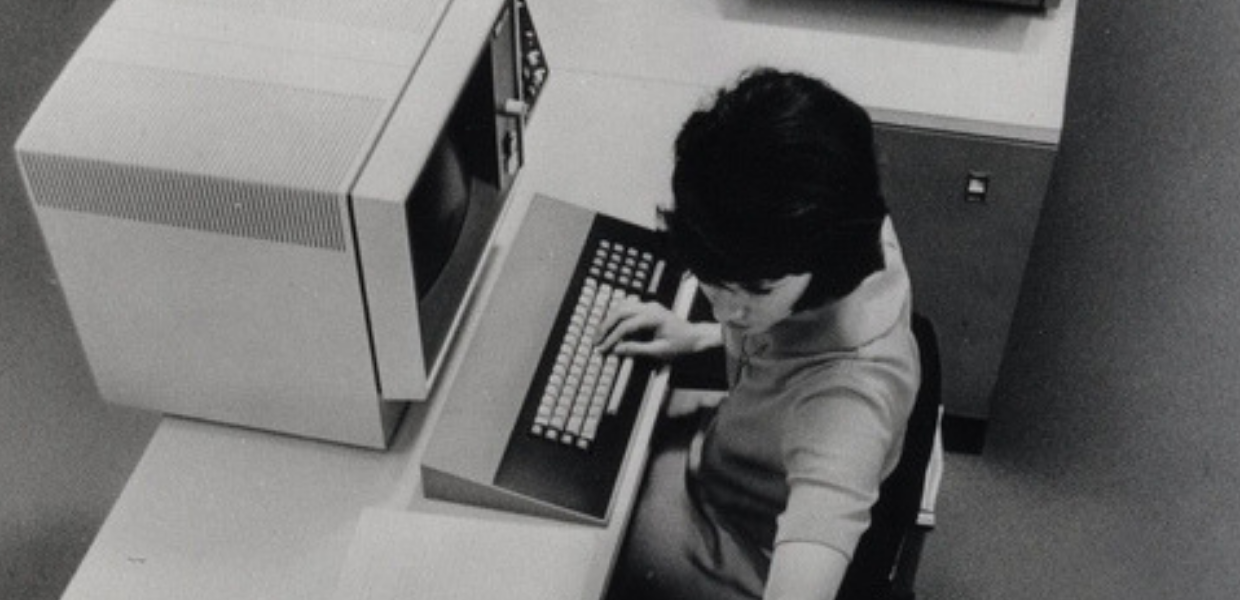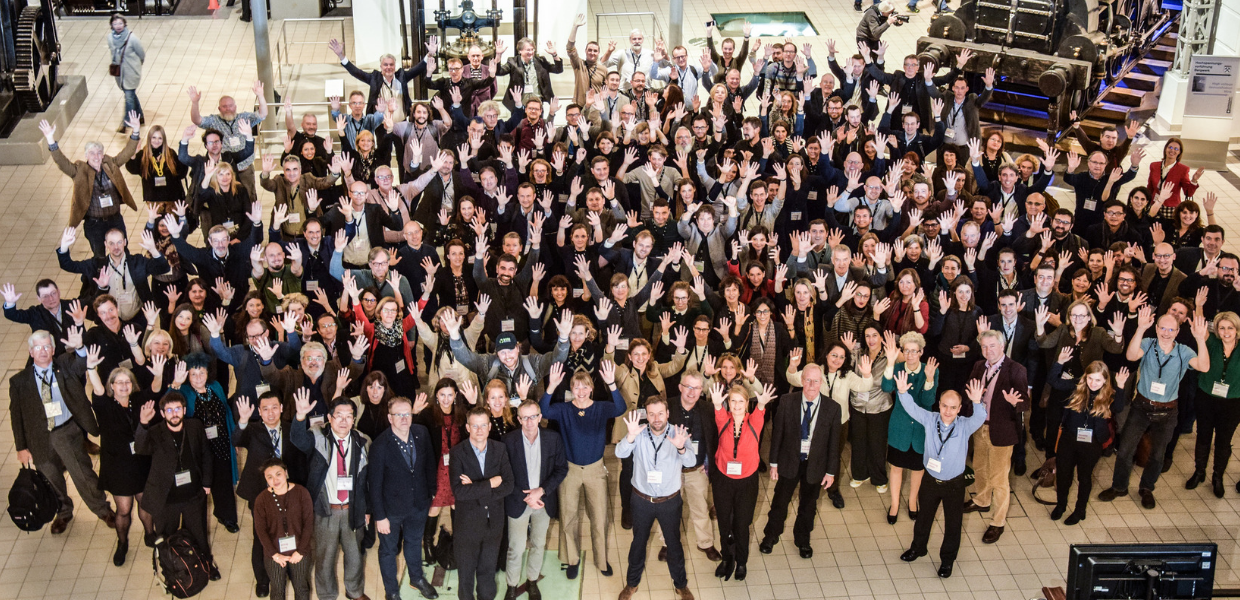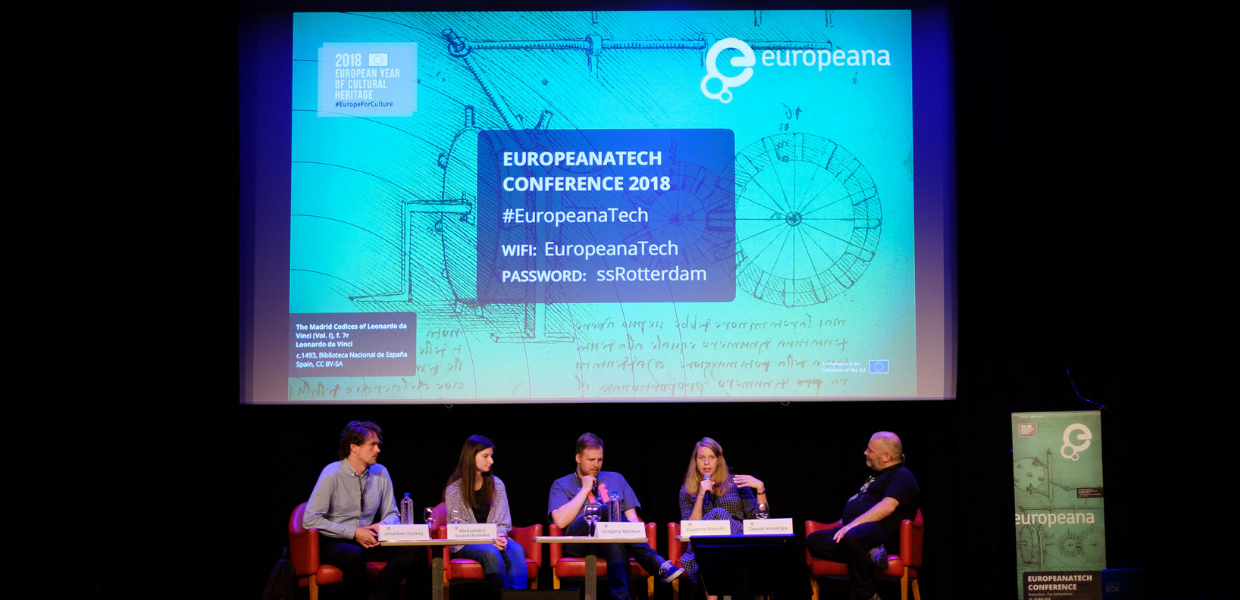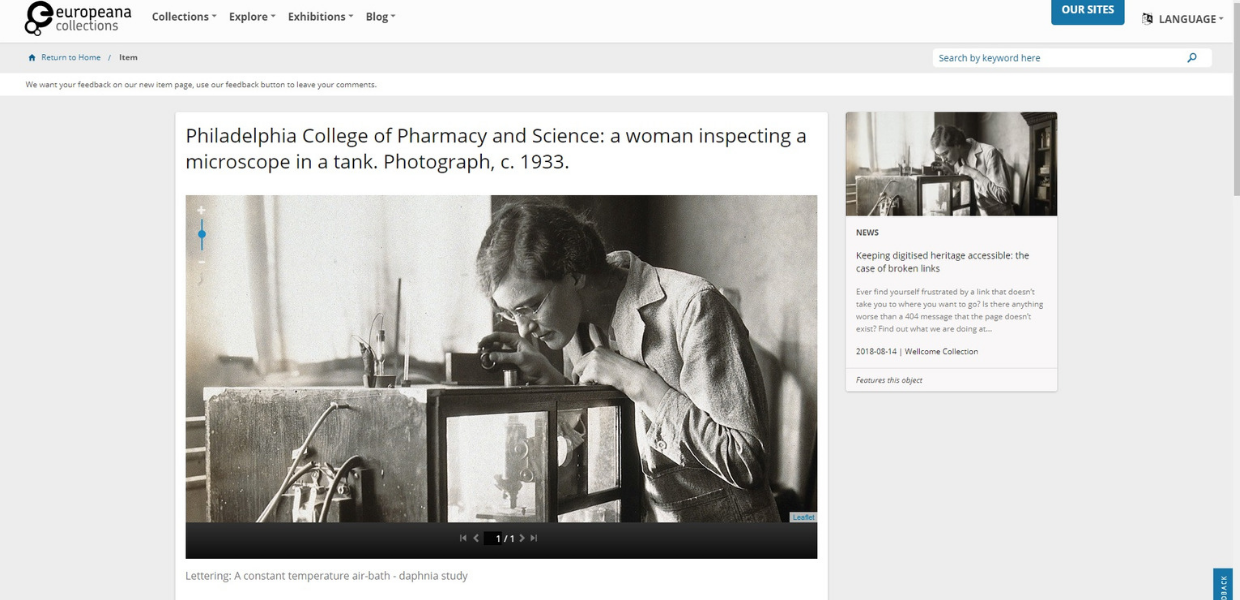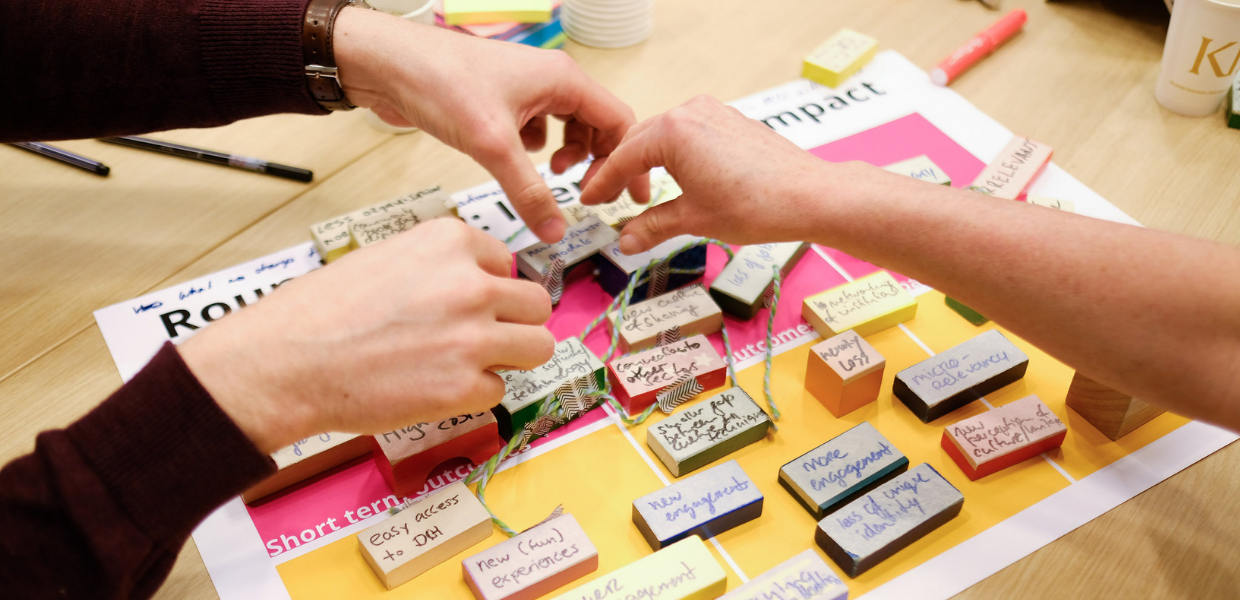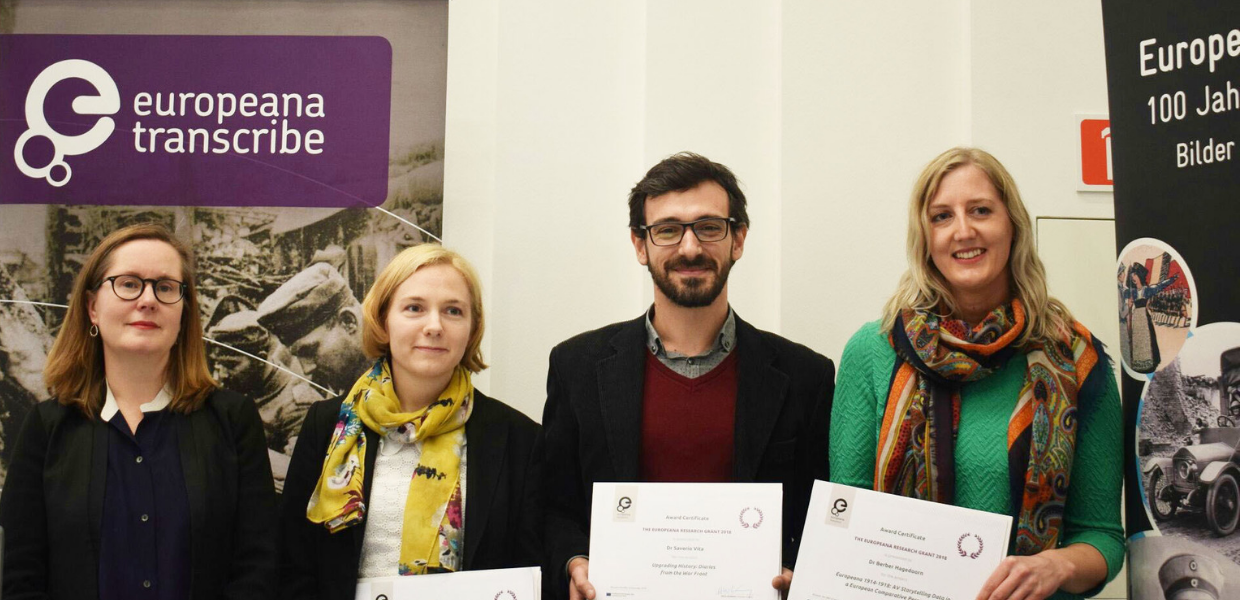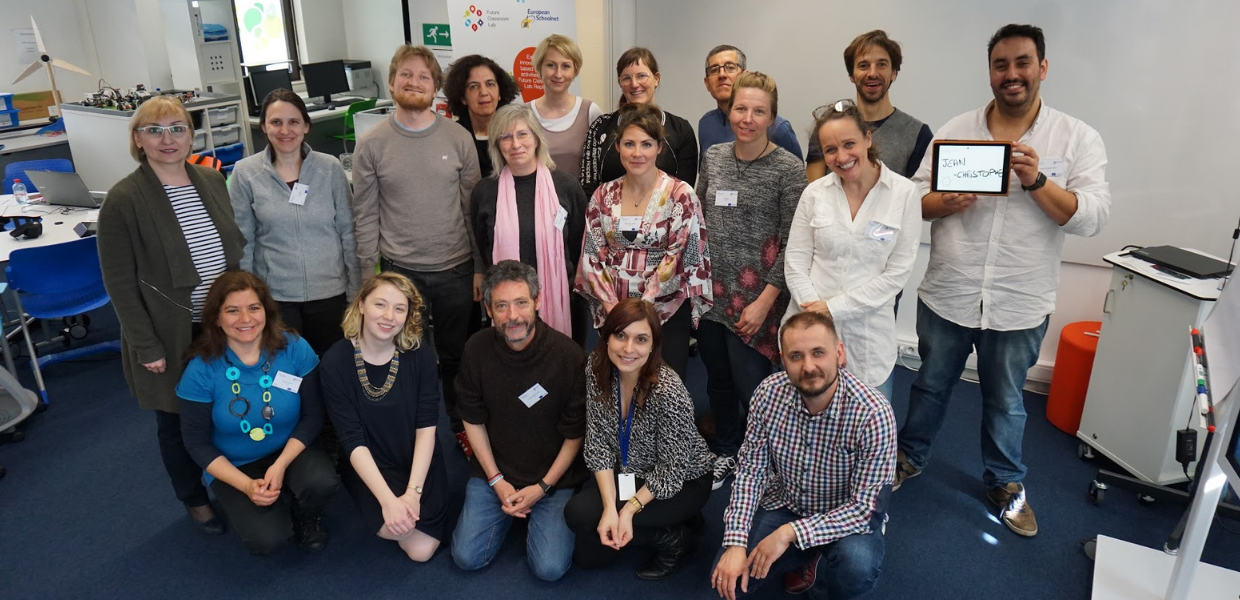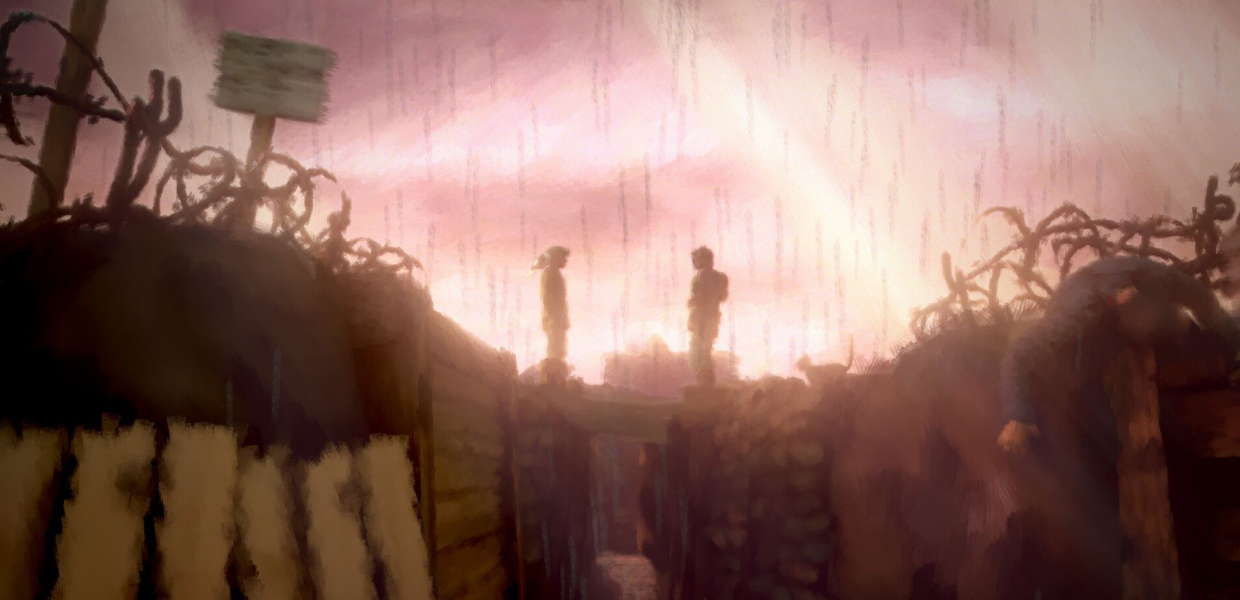Annual report 2018 - A decade of democratising culture
2018 - a big year for us here at the Europeana Foundation. We celebrated ten years since the first Europeana website went live. We said goodbye to our founding executive director, Jill Cousins. We renewed our relationship with the European Commission and the Member States. And we made strides in improving our processes and products.
From creating educational resources to entertaining GIFs, and from sharing personal migration stories to developing professional expertise at EuropeanaTech, discover ten highlights from 2018 in the Europeana Foundation's Annual Report.
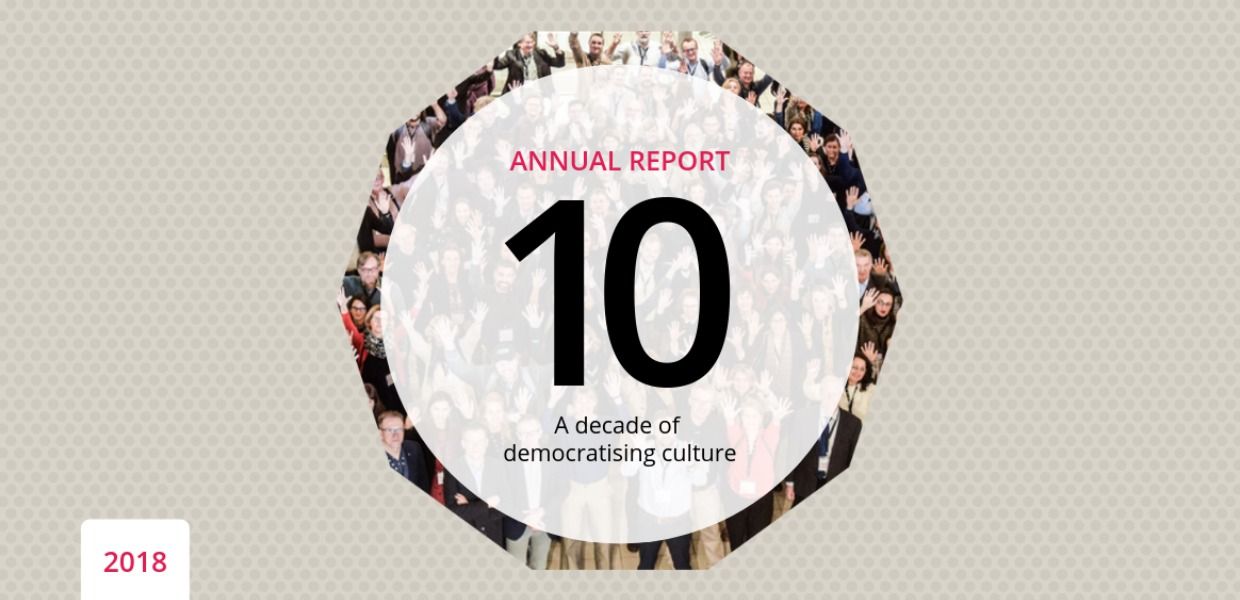
- Title:
- Europeana Foundation Annual Report
- Creator:
- Europeana Foundation
- Date:
- April 2019
- Institution:
- Europeana Foundation
- Country:
- The Netherlands
- Copyright:
- CC BY-SA

